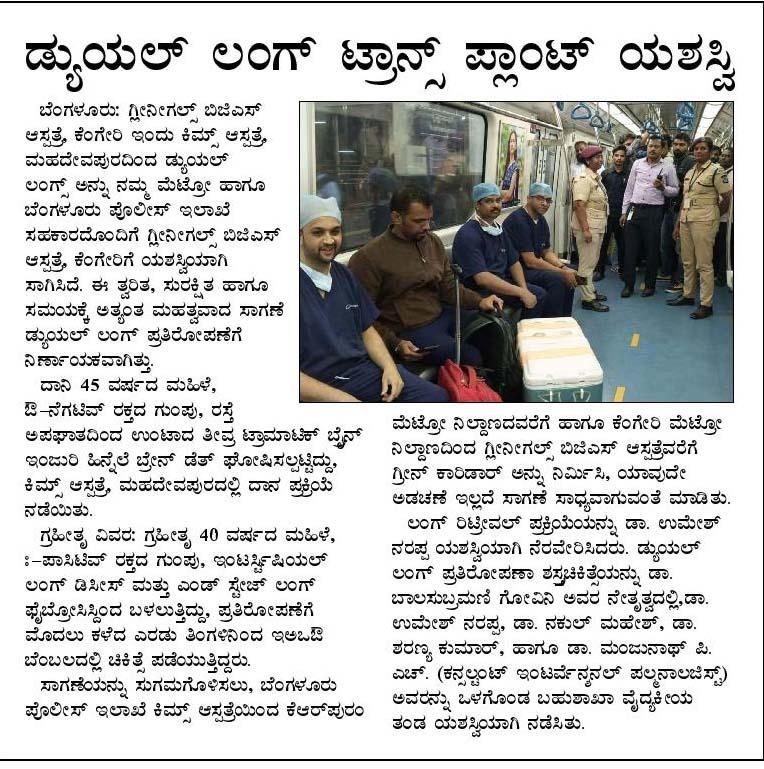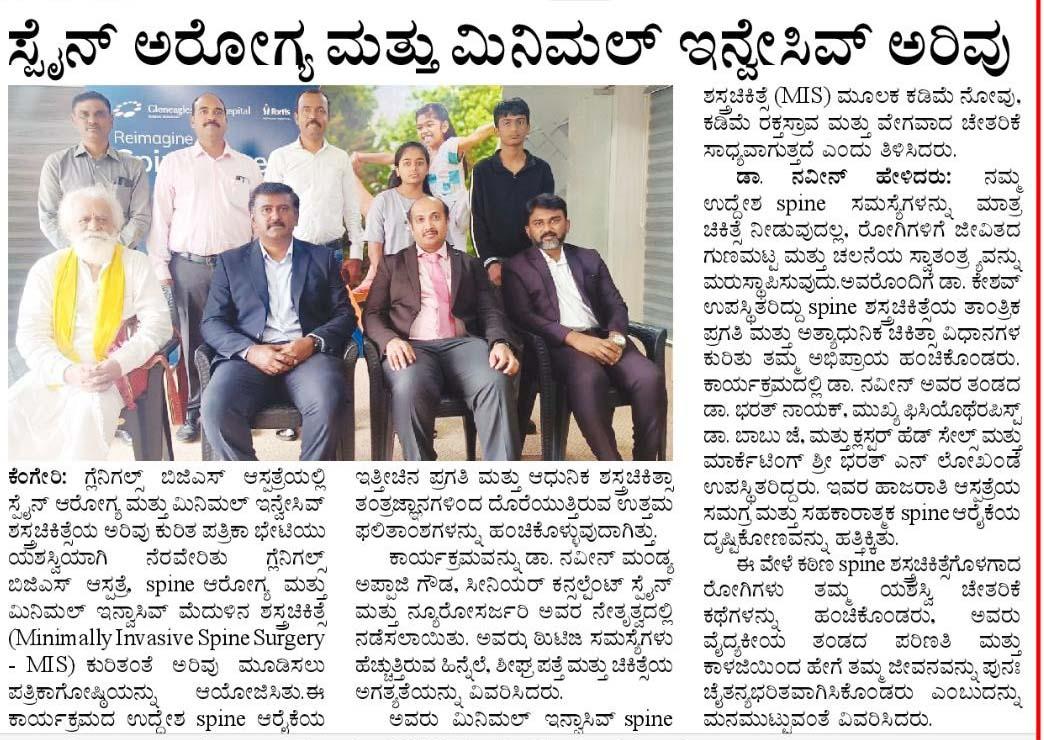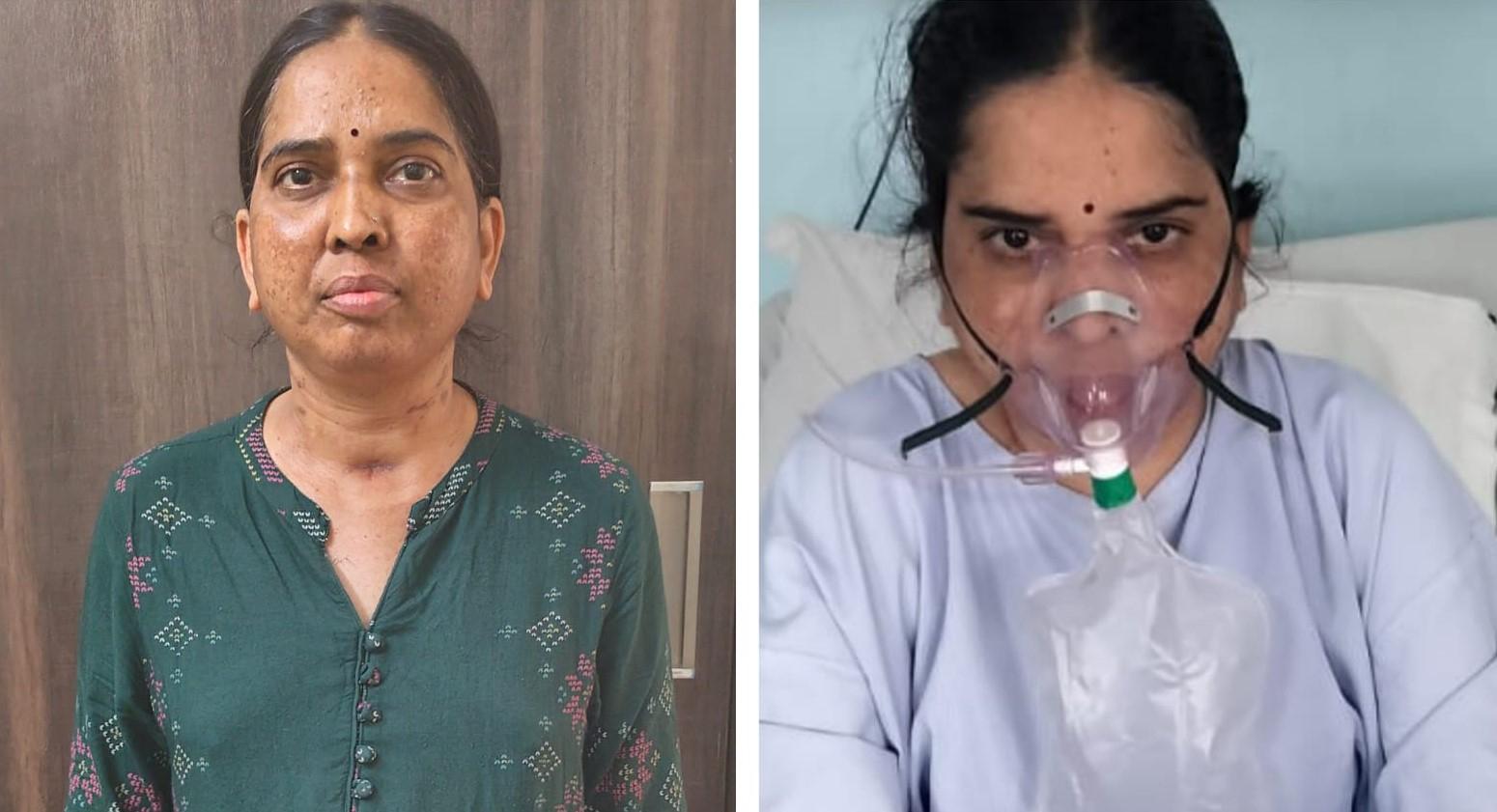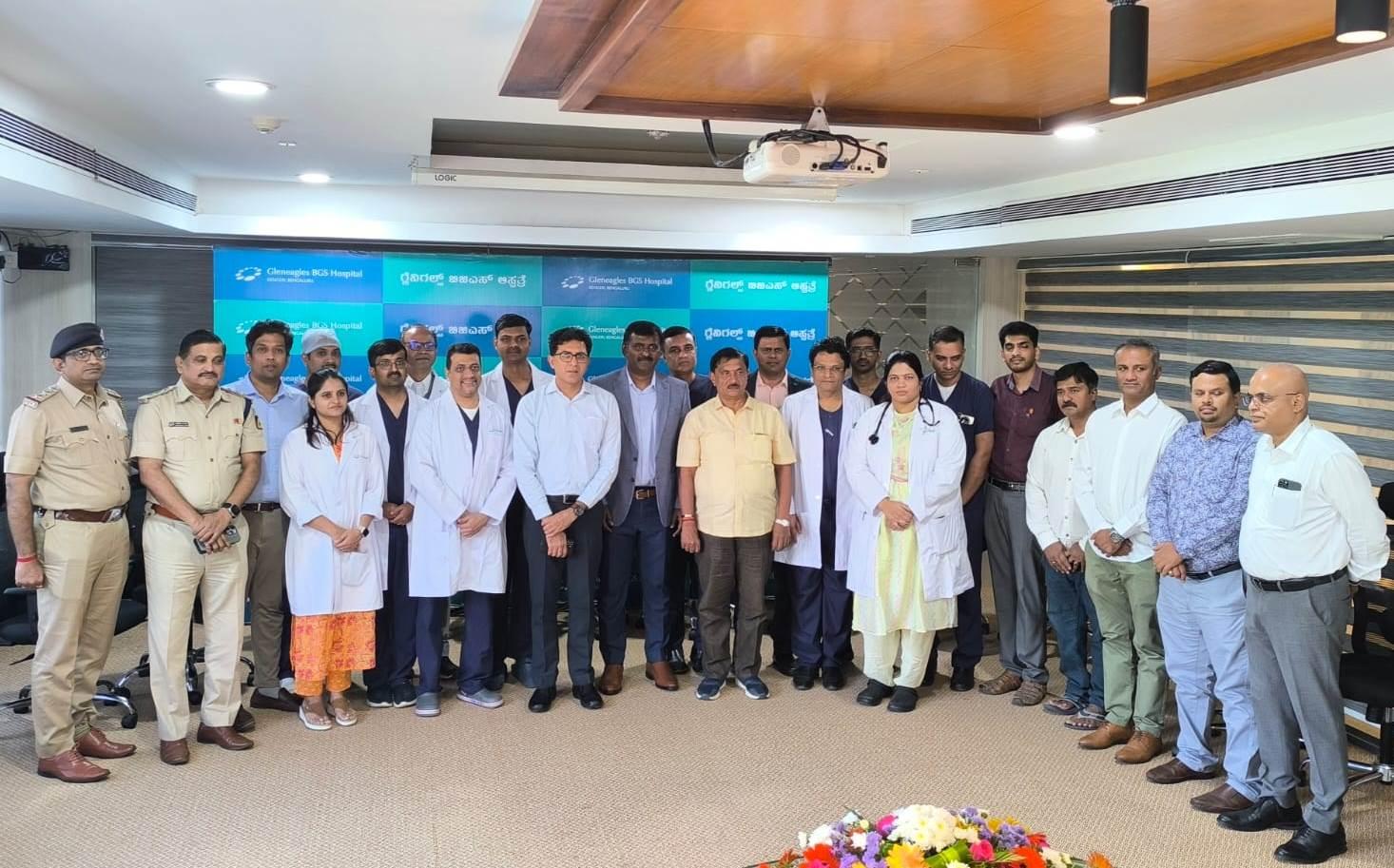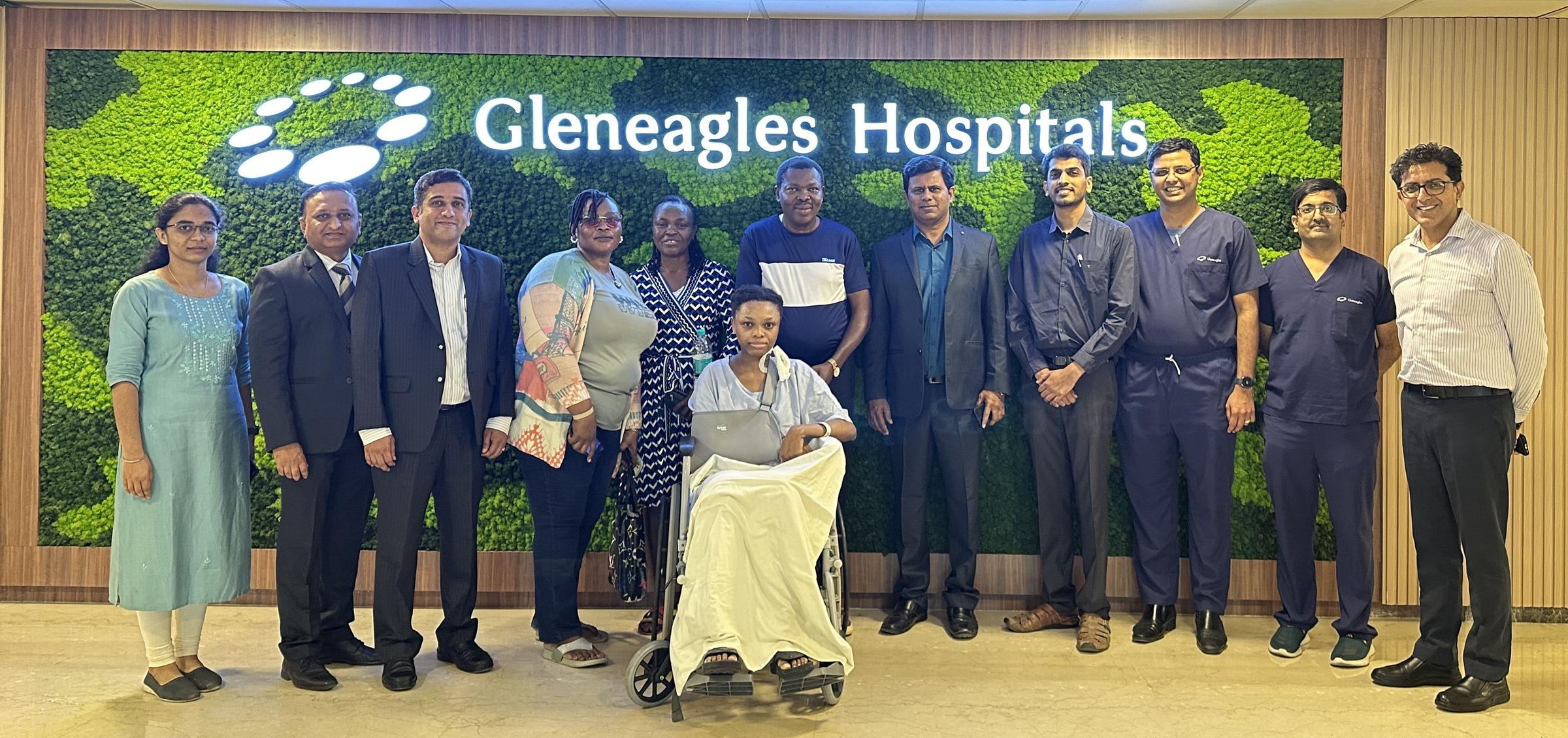Symptoms:
Low back pain can manifest in a spectrum of symptoms, including:
- Dull, persistent ache to sharp, sudden discomfort
- Stiffness and limited range of motion
- Difficulty standing or sitting for extended periods
- Radiating pain down buttocks and legs
- Numbness or tingling, indicating potential nerve involvement
- Severity varies; factors like posture, movement, and activities can exacerbate or alleviate symptoms.
Causes:
Diverse causes of low back pain, including:
- Muscle or ligament strain
- Herniated discs
- Degenerative conditions (e.g., osteoarthritis)
- Structural issues (e.g., spinal abnormalities)
- Common contributors: Poor posture, Sedentary lifestyle, Heavy lifting, Sudden movements
- Underlying medical conditions (e.g., kidney infections, inflammatory disorders) can trigger low back pain.
Treatment:
Conservative treatments:
- Rest
- Physical therapy
- Application of heat or cold packs
Medications:
- Pain relievers
- Anti-inflammatory drugs
- Muscle relaxants for short-term relief
Surgical interventions:
- Discectomy
- Laminectomy
- Spinal fusion for conditions like herniated discs, spinal stenosis, or structural abnormalities.
- Surgery typically considered when conservative methods are insufficient; involves a thorough evaluation of risks and benefits.
Lifestyle modifications crucial for prevention and long-term back health:
- Regular exercise
- Ergonomic adjustments
- Weight management
- Personalized treatment plans, guided by healthcare professionals, ensure a comprehensive and effective approach to managing low back pain.
Low back pain is a prevalent and often debilitating health issue that affects millions of people worldwide. Characterized by discomfort or soreness in the lumbar region, low back pain can result from various causes, including muscle strain, ligament sprains, herniated discs, or underlying medical conditions. Its impact extends beyond physical discomfort, influencing daily activities, work productivity, and overall quality of life. With a multifaceted etiology, effective management of low back pain requires a comprehensive understanding of its root causes, individualized treatment approaches, and a focus on preventive measures to alleviate and prevent its recurrence.
Symptoms:
- Radiating pain along nerve pathways
- Numbness and tingling
- Muscle weakness
- Lumbar region herniations may lead to sciatica: Pain traveling down buttocks and into the leg
- Cervical herniated discs can cause: Neck pain, Radiating symptoms into the arms
- Symptom intensity and persistence vary, requiring careful assessment for accurate diagnosis and tailored treatment.
Causes:
Multifaceted causes of herniated discs:
- Age-related wear and tear
- Gradual degeneration of intervertebral discs
- Sudden stress on the spine
Contributing factors include:
- Repetitive movements
- Improper lifting techniques
- Obesity
- Genetic factors weakening the disc's outer layer
- Traumatic events, accidents, or injuries can also contribute to herniated disc development.
Treatment:
Stepwise management starting with conservative measures:
- Rest
- Physical therapy
- Pain medications
- Anti-inflammatory drugs to alleviate symptoms and promote healing
- If conservative treatments are ineffective or neurological symptoms worsen, surgical intervention may be considered.
Spinal surgeries, such as discectomy or microdiscectomy, aim to:
- Remove the herniated portion of the disc
- Relieve pressure on the nerves
- In complex cases or spinal instability, spinal fusion may be recommended to stabilize the affected segment.
- Surgical decisions are individualized, considering the patient's overall health, symptom severity, and specific characteristics of the herniated disc.
A herniated disc, often referred to as a slipped or ruptured disc, is a common spinal condition that occurs when the soft, gel-like center of an intervertebral disc protrudes through its tough outer layer. Situated between the vertebrae of the spine, these discs act as cushions, providing flexibility and shock absorption. When the inner material leaks out due to injury, wear and tear, or degeneration, it can irritate nearby nerves, leading to pain, numbness, or weakness. Herniated discs typically occur in the lumbar (lower back) or cervical (neck) regions of the spine and can result from various factors, including aging, improper lifting, or sudden trauma.
Symptoms:
- Pain, tingling, or weakness in the lower back and legs
- Discomfort exacerbated during standing or walking
- Relief often experienced by sitting or leaning forward
- Sciatic-like symptoms, including radiating pain down the legs
- Severity varies, impacting mobility and quality of life, necessitating a comprehensive understanding for effective management.
Causes:
- Thickening of ligaments
- Development of bone spurs
- Breakdown of intervertebral discs
- Structural alterations collectively compress lumbar nerves, leading to characteristic symptoms.
- Aging is predominant, with genetic predispositions and conditions like osteoarthritis contributing to lumbar spinal stenosis.
Treatment:
- Physical therapy
- Anti-inflammatory medications
- Lifestyle modifications
- Epidural steroid injections may provide temporary relief by reducing inflammation around compressed nerves.
- Surgical decisions individualized, considering factors like severity of symptoms, overall health, and patient's recovery goals.
Lumbar spinal stenosis is a common degenerative condition affecting the lower part of the spine, known as the lumbar region. Characterized by the narrowing of the spinal canal, this condition often results from age-related changes, such as the thickening of ligaments or the development of bone spurs, which collectively compress the spinal nerves. Lumbar spinal stenosis can lead to a range of symptoms, including pain, numbness, and weakness in the lower back and legs.



















